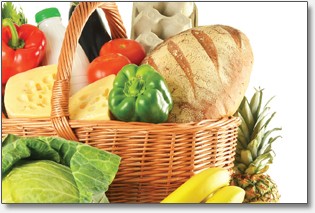New Tests Authenticate Organic Produce

By Mona Simpson
The market for organic food is large and steadily growing. From 2002-2011, the industry grew an average of 19% per year. Global sales for organic foods reached over $63 billion in 2011, and the United States is the single largest market for organic food.
Organic foods cost an additional 50% to 100% more than conventional foods. But organic certification methods in the United States only certify the farm or handling facility, not each apple or asparagus spear being produced.
With such profit at stake, it is important to develop and maintain the ability to verify that consumers are getting the organic produce they expect. There are methods currently in use to authenticate certain foods, but those methods are not 100% reliable. Researcher Monika Hohmann and her colleagues from the Bavarian Health and Food Safety Authority and the Wuerzburg University used nuclear magnetic resonance (NMR) to evaluate and authenticate honey, olive oil and tomatoes.
Researchers studied 361 samples of one type of tomato (Solanum lycopersicum) over 7 months and found that they could identify differences in the NMR results for organic versus conventionally produced tomatoes that could authenticate organic tomatoes correctly 100% of the time. The data they developed provides a good starting point for verifying organic tomatoes, and more work using their techniques could help inspectors identify other incorrectly labeled produce and stop organic food fraud.
Classroom Discussion
- Why are organic foods considered desirable?
- What types of products are eligible for organic certification?